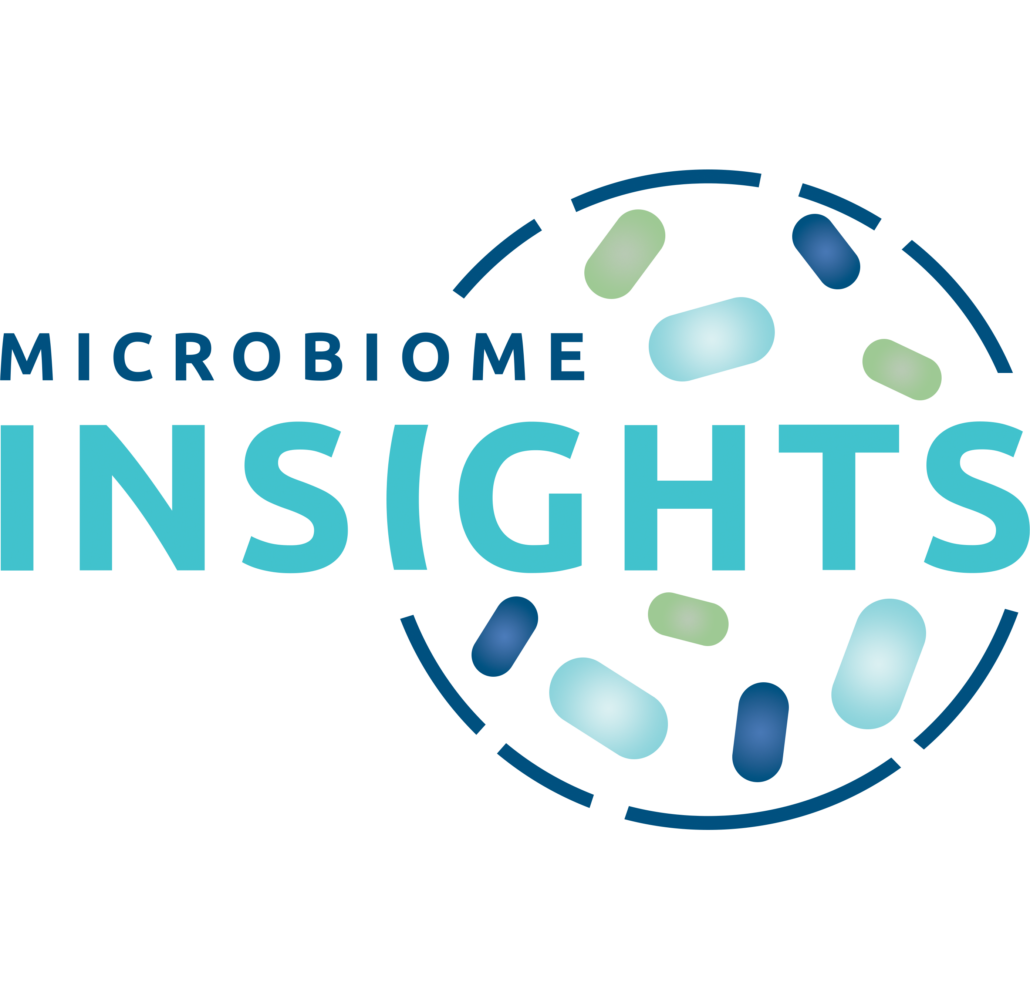Microbiome Insights is proud to be the sponsor of Season 3 of Ruairi Robertson's Biomes Podcast.

About Ruairi Robertson, PhD
Entries by Ruairi Robertson, PhD
Biomes Podcast Show Notes: Season 3 Episode 6 Jens Walter and Alan Walker
August 6, 2024/by Ruairi Robertson, PhDMicrobiome Insights is proud to be the sponsor of Season 3 of Ruairi Robertson's Biomes Podcast.
Microbiome Insights is proud to be the sponsor of season 3 of Ruairi Robertson's Biomes Podcast.
Biomes Podcast Show Notes: Season 3 Episode 4 Benoit Chassaing
July 18, 2024/by Ruairi Robertson, PhDMicrobiome Insights is proud to be the sponsor of season 3 of Ruairi Robertson's Biomes Podcast.
Biomes Podcast Show Notes: Season 3 Episode 3 with Meghan Azad
July 10, 2024/by Ruairi Robertson, PhDMicrobiome Insights is proud to be the sponsor of season 3 of Ruairi Robertson's Biomes Podcast.
Biomes Podcast Show Notes: Season 3 Episode 2 with Jotham Suez
July 3, 2024/by Ruairi Robertson, PhDMicrobiome Insights is proud to be the sponsor of season 3 of Ruairi Robertson's Biomes Podcast.
Long-read vs short-read sequencing in microbiome research
February 28, 2024/by Ruairi Robertson, PhDMicrobiome research relies heavily on DNA sequencing to identify and characterize microbes within a particular environment. For a long-time, this has primarily involved massive sequencing using short-reads (150-300 bases); however, recent developments in DNA sequencing have led to sequencing of...
What is a strain? Strain-level identification in microbiome analyses
November 22, 2023/by Ruairi Robertson, PhDMicrobiome research has revealed the huge microbial diversity within the human body and the environment. The human gut alone contains thousands of species of bacteria, not to mention other microbes such as fungi and archaea. Each of these species can have a different function within the human body...
Shotgun Metagenomic Sequencing Guide
July 20, 2023/by Ruairi Robertson, PhDMicrobiome research relies on accurate identification and classification of thousands of microbial species in a single biological sample. To date, this has largely been conducted using amplicon sequencing, such as 16S rRNA gene sequencing for the identification of bacteria and archaea. However,...
Are you a company, lab or researcher planning a new microbiome study? If so, you are probably considering whether to conduct 16S rRNA gene sequencing or shotgun metagenomic sequencing. Although 16S rRNA gene sequencing has been more commonly used for microbiome studies to date, shotgun metagenomics...









